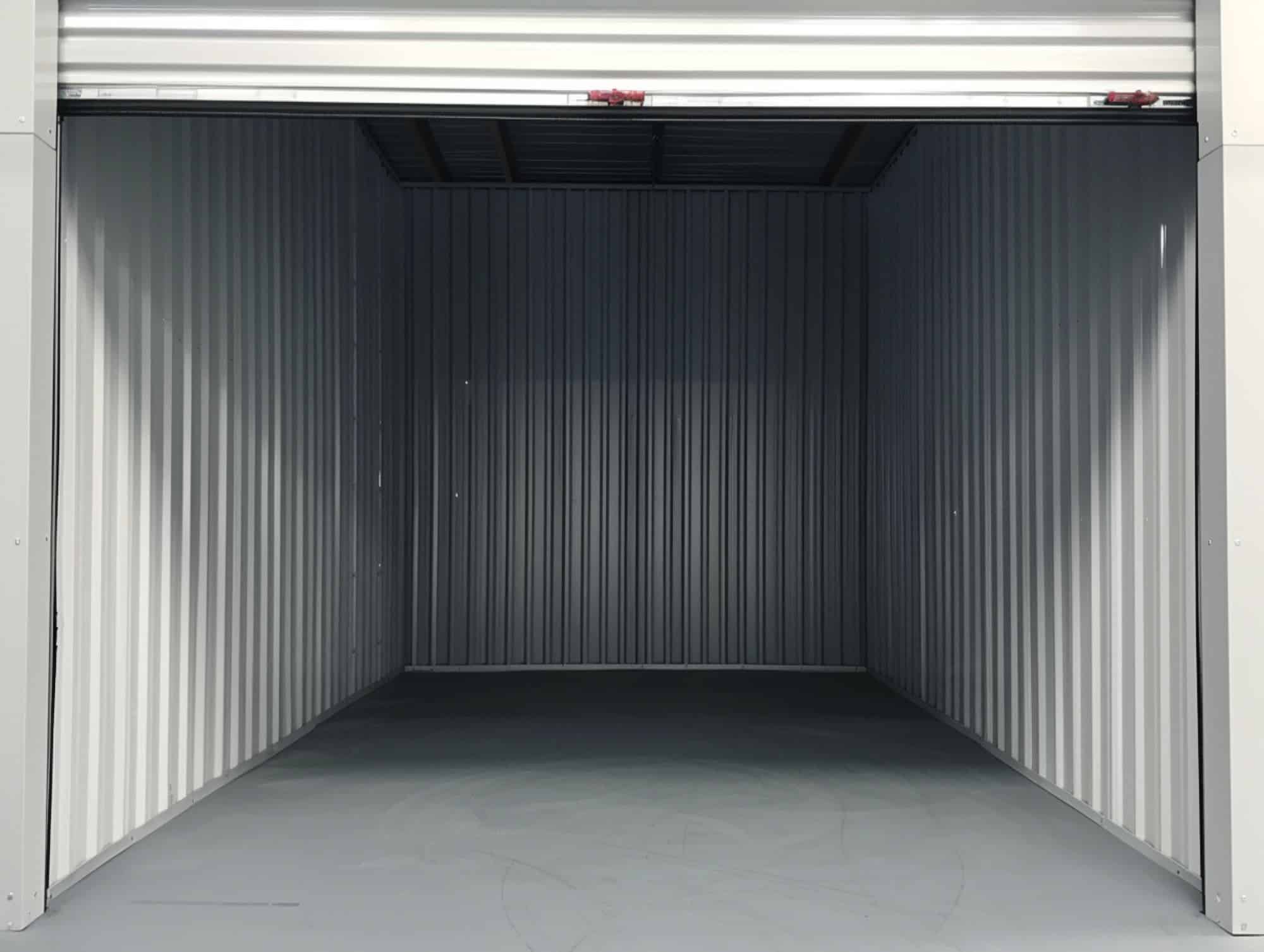If you’re planning to store your car for a while, it’s crucial to know the right steps to keep it in top shape. Whether you’re leaving town for a long vacation or simply won’t need your vehicle for some time, proper storage is key. This guide will walk you through everything you need to keep your car safe and ready to drive when you return.
Understanding Car Storage
When you store your car, you’re not just parking it; you’re taking steps to ensure its longevity and functionality. Car storage might be needed during long trips away from Rochester, or if you have a seasonal vehicle like a classic car or a convertible that isn’t used in winter.
Overview of Car Storage Needs
Car storage involves more than just leaving your car in a garage. It’s about protecting it from the elements, maintaining its engine and battery, and ensuring that tires and other parts are in good condition when you come back to it.
Factors Influencing Storage Time
Several factors can affect how long you can store your car without issues:
Battery Life: The battery can lose charge over time if not properly maintained, potentially leaving you with a car that won’t start.
Oil Quality: Oil in the engine can degrade if a car sits too long, which might lead to engine problems when you start the car again.
Tire Condition: Tires can develop flat spots if a car is left in one position too long. This makes for a bumpy ride when you eventually take the car out.
Each of these factors needs to be managed to keep your car in storage without damaging its long-term usability.
Optimal Time Frames for Car Storage
When considering how long you can store your car without driving it, the timeframe can vary significantly based on how well you prepare your vehicle for storage. Let’s break down the optimal storage durations into short-term and long-term.
Short-Term Storage (Up to 1 Month)
For short periods of up to a month, your car needs basic preparations:
- Battery: Ensure your car’s battery is fully charged. A battery maintainer can help keep it charged over several weeks.
- Tires: Inflate your tires to the recommended pressure to avoid flat spots.
- Fuel: Fill up your gas tank to prevent moisture from accumulating inside the fuel tank and causing rust.
These steps help ensure that your car stays in good condition even if you aren’t using it for a few weeks.
Long-Term Storage (More than 1 Month)
If you plan to store your car for more than a month, especially through Rochester’s cold winters, you’ll need to take additional precautions:
- Fluids: Change the oil and check all fluid levels before storing your car to avoid any chemical breakdowns that could damage internal engine components.
- Pest Control: Place mothballs or cotton balls dipped in peppermint oil around the car to deter rodents from nesting in your vehicle.
- Cover: Use a breathable car cover to protect your vehicle from dust and moisture while keeping it ventilated.
By following these guidelines, you can store your car for several months or even longer without worrying about damage.
Maintaining Your Car in Storage
Even while your car is stored, maintenance is crucial to ensure that it remains in good condition and is ready to drive when needed. Here are key maintenance practices to follow:
Battery Maintenance
To keep your car’s battery from dying during storage:
Battery Maintainer: Attach a battery maintainer if your storage location has access to an electrical outlet. This device will keep the battery charged without overcharging it.
Periodic Starting: If using a maintainer isn’t an option, consider starting the car every few weeks and letting it run for about 15 minutes to recharge the battery and circulate the engine oil.
Tire Care
Tires are susceptible to damage when a car is stationary for too long:
Rotation: Every few weeks, move the car slightly or rotate the tires to prevent flat spots from forming.
Pressure Check: Regularly check tire pressure to ensure they are at optimal levels, as tires can naturally lose air over time.
Fluids and Fuel
Fluids are critical to your car’s health and must be maintained even during storage:
Fuel Stabilizer: Add a fuel stabilizer to your gas tank to prevent the fuel from deteriorating, which is essential for long-term storage.
Fluid Levels: Check and top up fluids such as brake fluid and antifreeze, which can help prevent internal corrosion and system degradation.
By adhering to these maintenance tips, your car will remain functional and in good condition throughout its storage period.
Insurance and Legal Considerations
When storing your car, especially for an extended period, it’s essential to consider both insurance and legal aspects to ensure you’re fully protected and compliant with local regulations.
Adjusting Insurance Coverage
While your car is stored and not in use, you may not need the same level of insurance coverage as when it is active on the road. Consider these options:
Comprehensive Only Coverage: This type of insurance covers events like theft, vandalism, and natural disasters but not car accidents or collisions. It’s often suitable for stored cars.
Notify Your Insurer: Inform your insurance company that your car will be stored. They might offer a reduced rate or a storage plan that better fits your needs.
Legal Compliance
Storing your car also involves adhering to local laws and regulations, which can vary by location:
Registration Requirements: Even if not in use, some areas require that your car remain registered. Check with local authorities in Rochester to confirm if this applies.
Storage Facility Rules: If using a storage facility, ensure you comply with their specific rules and regulations, which might include requirements for vehicle preparation and insurance.
Understanding these insurance adjustments and legal considerations can save you money and prevent legal issues while your car is stored.
Frequently Asked Questions
To round off our guide on car storage, here are answers to some of the most common questions car owners in Rochester might have about storing their vehicles.
How often should I check on my stored car?
It’s a good practice to check on your car at least once a month if you’re storing it for an extended period. This check should include inspecting the car for any signs of pest intrusion, checking the tire pressure, and running the car for a few minutes to keep the battery charged and fluids circulating.
Can I store my car outside?
Storing your car outside is not recommended, especially in Rochester due to varying weather conditions that can accelerate wear and tear. If you must store your car outdoors, use a high-quality, weatherproof car cover and take additional steps to protect it from the elements.
What is the best way to store a car for over a year?
For long-term storage of over a year, it’s crucial to:
- Use a breathable car cover.
- Disconnect and remove the battery to avoid drainage.
- Change the oil and replace all fluids.
- Consider placing the car on jack stands to relieve pressure from the tires and suspension.
How long can you keep a car in storage?
Ideally, with proper preparation and maintenance, a car can be kept in storage for several years. However, the specific duration depends heavily on how well the car is prepared for storage, the conditions of the storage facility, and how regularly the car’s condition is monitored and maintained.
Conclusion
Storing your car properly is crucial for maintaining its condition and ensuring it’s ready to go when you are. By following the guidelines discussed, from preparing your car for storage to maintaining it while stored, you can keep your car safe and sound for however long you need. Remember, the key to successful car storage is preparation and regular maintenance.







